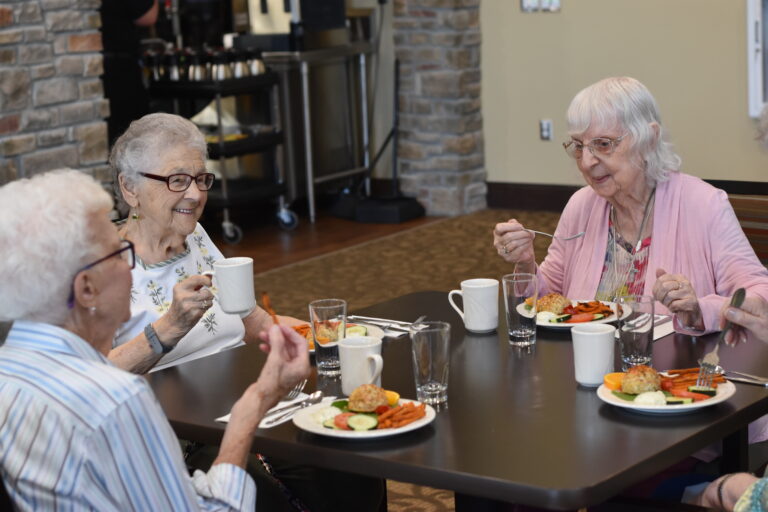
It’s never easy when a loved one grows old or falls ill. As family or friends, our instinct is to rush to their sides to offer them support, comfort, and encouragement to soldier on. Because we’re often thrown into these situations without knowing what to do, caregiving can be like navigating a foreign city. You don’t know the language, and the streets are unfamiliar. To help you find your way, we have five simple tips to improve your role as a caregiver and help you provide a reassuring and calm presence for your loved one.
Observe Body Language
As your parents’ health declines, they may lose the ability—or inclination—to communicate with you verbally. They may be upset, hurting, or distressed but unable to share these feelings directly with you. By being sensitive to your loved one’s body language, you may be able to foster communication and help offer soothing and comfort sooner.
Find Senior Living Near Me
Practice Patience
Your loved one may frustrate or confuse you with their actions throughout their care. Remember to take a deep breath, step away, and proceed calmly and patiently. Remember that your parents may be reacting to losing their independence. Aging can be a scary thing, and your loved one needs you to be a calm and steady presence in their life.
Remember Your Loved One
If your parent has Alzheimer’s disease or dementia, you may find yourself losing sight of the vibrant and spirited person they used to be. Ensuring your loved one is always treated with respect and dignity requires you to remember the man or woman inside. By doing so, you’ll also be able to anticipate and respond better to their needs.
“Remember to take a deep breath and proceed patiently.”
Ask for Help
Don’t be afraid to ask for help. No one expects you to have all the answers. You’ve stepped in to advocate for your parent, navigating the medical system and managing his or her symptoms. There will be times when you need the help of others to continue. Build a resource team of people you can depend on, whether they’re there to offer medical advice or give you a much-needed moment all to yourself.
Step Away
Pressure, stress, anxiety, and depression can creep up on caregivers. Providing ongoing support and comfort to an aging or ill relative can take a toll on you. Be mindful of how you’re feeling. You’ll first need to take care of yourself to provide the best care to others. See a counselor to discuss your feelings, get adequate rest, exercise when possible, and eat well-balanced, nourishing meals.
Stepping in as a caregiver for an ailing parent can seem like a monumental and heartbreaking task. These simple tips may help you move forward in your new role and provide care that allows your loved one to feel safe, respected, and comforted.




